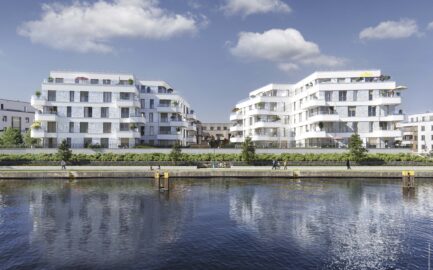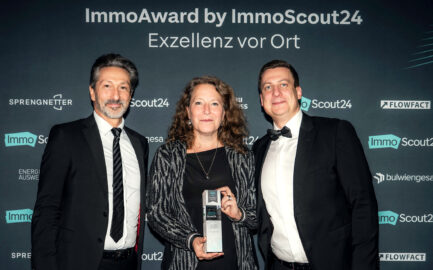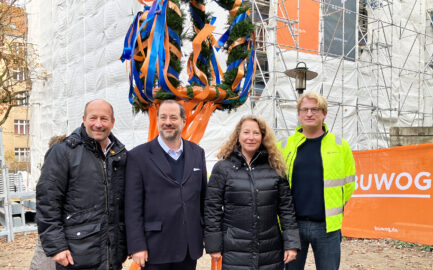The anticipation of the upcoming holidays is already palpable, and travel planning is in full swing. In the midst of this excitement, it can easily happen that we forget to make holiday preparations for our home. However, there are good reasons why it is worth getting your own house or apartment fit for the holidays before leaving. klimaaktiv Haushalte shows you easy measures for not only saving energy and costs but also for protecting the environment.
Avoid stand-by use
Being on holiday for several days or weeks can result in electrical appliances consuming an unnecessary amount of power when you’re away. Although they are switched off, a number of devices still draw energy unnoticed for standby functions such as time display or remote control. It is therefore recommended that you unplug televisions, computers, printers, mobile phone chargers, WLAN routers and stereo systems before going on holiday. Switchable junction boxes are practical as several devices can be disconnected from the power supply at once.
Kitchen appliances such as coffee machines, microwaves and toasters should also be unplugged. Refrigerators and freezers account for an average of 10 to 15 percent of total household electricity consumption. If you have separate fridges and freezers and are travelling for several weeks, you should switch them off and empty them. Food would probably have spoilt after this time anyway.
Leave the dishwasher and washing machine open
To prevent the growth of mould and unpleasant odours, it is important to leave the door of washing machines and dishwashers ajar during longer periods of absence. This also applies to refrigerators and freezers that are switched off. This way, residual moisture can escape and a hygienic environment can be maintained.
How can I protect my home from overheating?
Darken your home and close the blinds so that there is no direct sunlight. External blinds or shutters have a particularly cooling effect. Avoid unnecessary heat sources – electrical appliances that are not disconnected from the power supply can cause additional heat as well as energy costs when in stand-by mode.
But beware: If your home is completely darkened from the outside, the likelihood of burglary increases. We therefore recommend darkening the windows on the inner courtyard side, especially when apartments are involved.
Burglary protection with presence simulation
To conserve energy and still keep your home secure, it is advisable not to leave the lights switched on permanently when you are away. For protection from burglary, it is sufficient use a timer to control the outdoor lighting or, for example, a floor lamp in the living room. This allows you to simulate your presence and deter potential burglars. A pleasant side effect: You avoid unnecessary power consumption while simultaneously saving money.
If you have one: Shut off your hot water boiler
Whether a hot water boiler should be switched off depends on the length of the holiday and the storage capacity. Small boilers and under-sink mini-boilers with a storage capacity of 5 to 15 litres should be taken off the mains after just a few days of absence in order to reduce costs. However, modern hot water cylinders are well insulated and scarcely lose any heat. It therefore makes sense to only switch off cylinders with a volume of 250 litres or more if you are going to be away for longer than two weeks.
But be careful! If the hot water boiler has been switched off for a prolonged period of time, you should activate the legionella switch when you return and flush the pipes thoroughly. Legionella bacteria can multiply at temperatures between 25 °C and 50 °C and occur in higher concentrations in stagnant water. Legionella is killed at temperatures above 60 °C.
Don’t forget to turn off the main water tap! Most mains water insurance policies include a 72-hour clause stating that the main water tap must be turned off if a building is unoccupied for more than 72 hours. If you do not comply with this provision, the insurer may refuse to pay benefits in the event of a claim, which could be quite costly for you.










